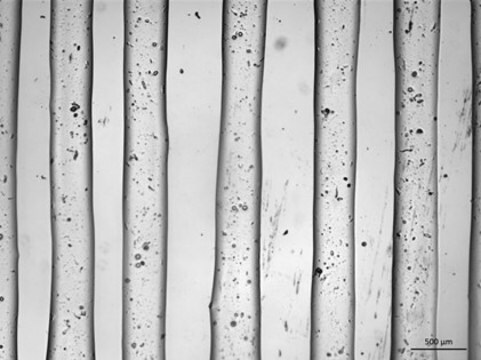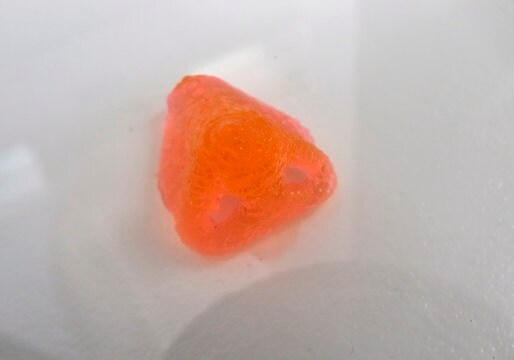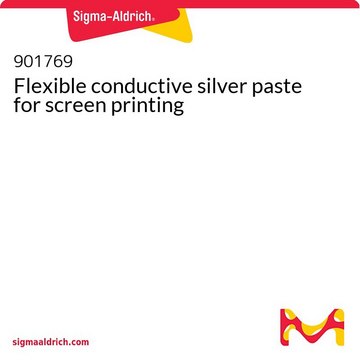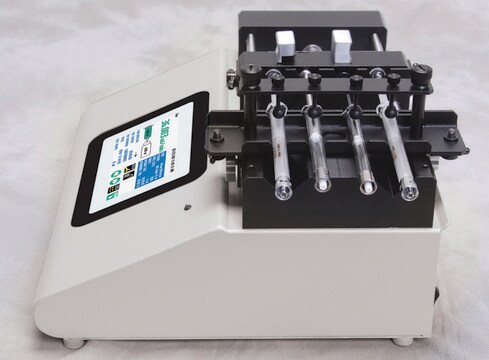915033
TissueFab® bioink Bone
Vis/405 nm
Sinónimos:
3D Bioprinting, Bioink, GelMA, TissueFab
About This Item
Productos recomendados
description
0.2 μm sterile filtered
suitable for 3D bioprinting applications
Quality Level
form
gel form (viscous)
impurities
≤5 CFU/g Bioburden (Fungal)
≤5 CFU/g Bioburden (Total Aerobic)
color
white
pH
6.5-7.5
application(s)
3D bioprinting
storage temp.
2-8°C
¿Está buscando productos similares? Visita Guía de comparación de productos
Categorías relacionadas
Application
Packaging
Legal Information
Storage Class
12 - Non Combustible Liquids
wgk_germany
WGK 3
Certificados de análisis (COA)
Busque Certificados de análisis (COA) introduciendo el número de lote del producto. Los números de lote se encuentran en la etiqueta del producto después de las palabras «Lot» o «Batch»
¿Ya tiene este producto?
Encuentre la documentación para los productos que ha comprado recientemente en la Biblioteca de documentos.
Nuestro equipo de científicos tiene experiencia en todas las áreas de investigación: Ciencias de la vida, Ciencia de los materiales, Síntesis química, Cromatografía, Analítica y muchas otras.
Póngase en contacto con el Servicio técnico








